- 👨🏿🚀TC Daily
- Posts
- Got R50 for Gold?
Got R50 for Gold?
Inside: Twiga acquires three FMCG operators


Happy Easter Monday! ☀️ ️
Long weekends are for resets and maybe rethinking how we save. In South Africa, that reset now includes owning gold from just R50 ($3). Yes, real gold.
Let’s delve into some of the tech news that happened over the weekend!

Crypto
Gold goes digital in South Africa

South African crypto platform Mesh.trade , has launched tokenised Kruggerrands in partnership with Troygold, allowing anyone to invest in gold for as little as R50 ($3). Each token is backed 1:1 by a physical Krugerrand stored in a vault in Johannesburg and audited monthly.
The move brings a centuries-old asset into the blockchain era. Tokenization lets investors own fractions of a gold coin, tracked on the blockchain and accessible via a digital wallet. Users can redeem tokens for actual coins or trade them online.
Why it matters: Troygold and Mesh.trade say they’re democratising access to gold—long seen as a hedge against inflation and rand volatility—especially in a year when global gold prices are on the rise. This year, Gold prices have surged more than 25%. Krugerrands are also VAT-free, fully auditable, and redeemable.
This isn’t South Africa’s first gold investment product, (hello, NewGold ETF), but it is the first crypto-native, locally backed gold token. It blends traditional finance with blockchain innovation—and does it under regulatory oversight. Mesh.trade holds one of South Africa’s new Crypto Asset Service Provider licenses.
South Africa now joins Nigeria and Zimbabwe in exploring digital gold. Nigeria’s LCFE launched Eko Gold Coins in 2021 and Zimbabwe’s central bank introduced a gold-backed digital currency But this tokenized Krugerrand, pegged to a globally trusted coin and built on local infrastructure, may be Africa’s cleanest fusion yet of blockchain and bullion.
Seamless Global Payments With Fincra.

Issue accounts in NGN, KES, EUR, USD & more with one integration. Send & receive funds seamlessly across borders; no more banking hassles or complex conversions. Create an account for free & go global today.
Banking
Access Holdings spent the most on tech in 2024
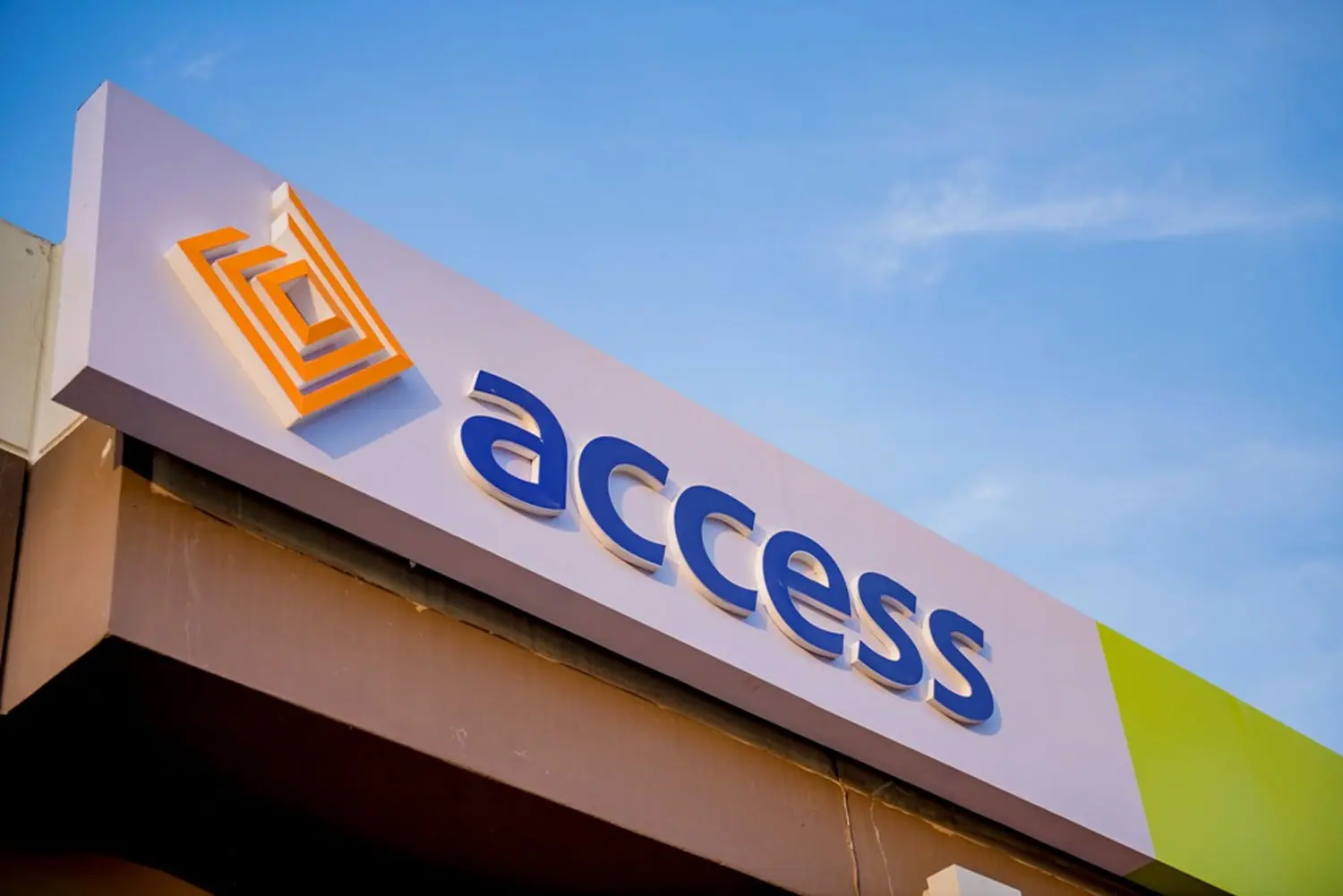
Access Holdings, the parent company of Access Bank, spent a jaw-dropping ₦193.5 billion ($120.5 million) on tech in 2024.
The bank spent 147% more on tech than it did in the previous year, more than its competitors—GTCO, UBA, and Zenith Bank. GTCO, for instance, spent ₦88 billion ($56.8 million) on IT expenses, Zenith spent ₦67.3 billion ($43 million), while UBA spent ₦48 billion ($30.5 million).
Much of Access Bank’s tech expenses were spent on upgrading the bank’s core banking software and beefing up cybersecurity to drive down fraud losses.
Access Bank told TechCabal reporter Bunmi Bailey that most of the increases are “vendor-driven, especially in areas like licensing, technical support, and niche services.”
On the other hand, analysts say they are trying to keep fintech upstarts like OPay and Moniepoint from stealing their lunch. Some also say that the banks are trying to drive down fraud losses.
The result so far? Fraud losses dipped 73%, from ₦6.15 billion to ₦1.64 billion, for Access Bank.
There is more in Bailey’s report.
Zap by Paystack for quick bank transfers!
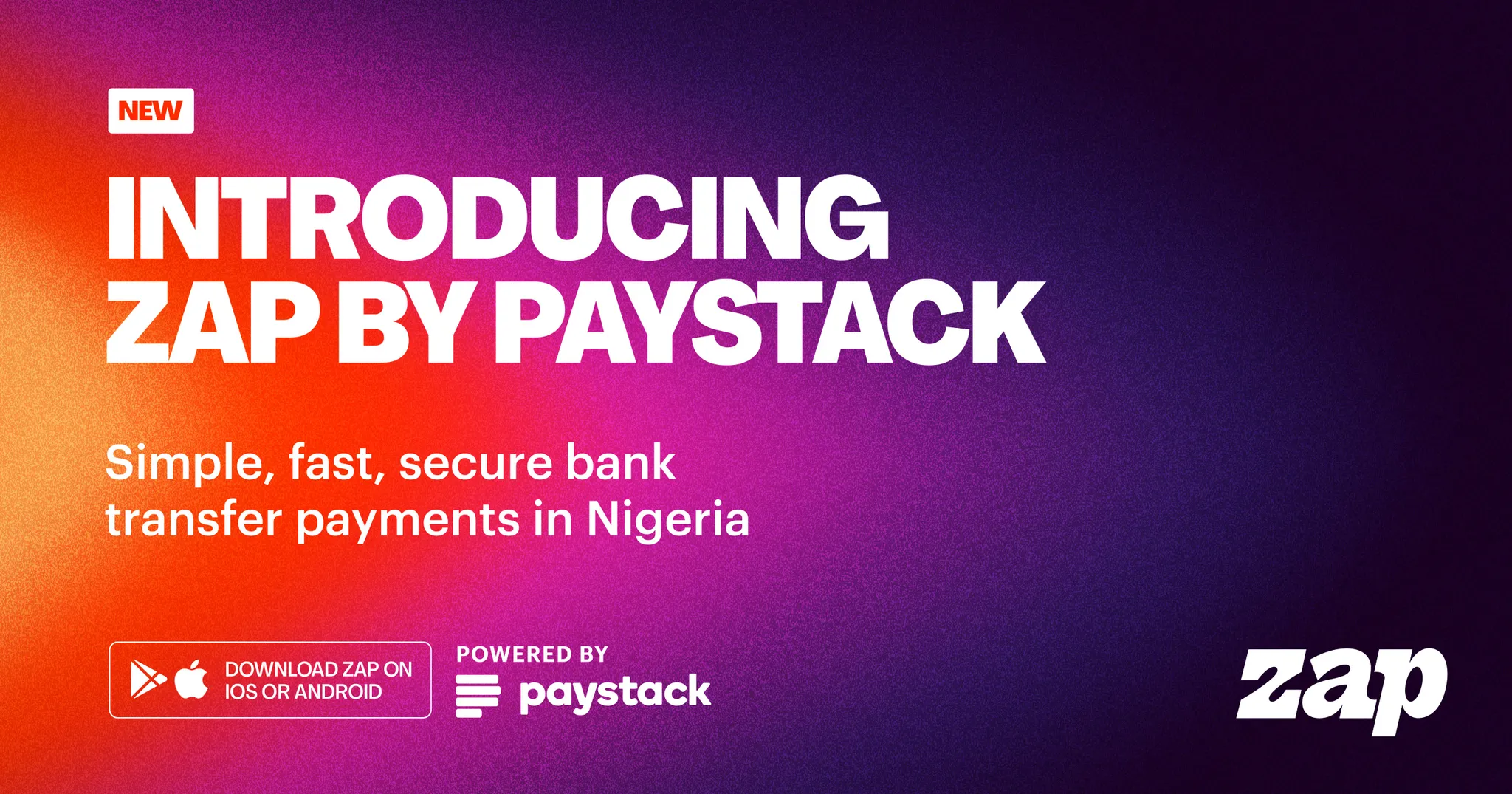
Link your bank account once, and send money in 5 easy steps on Zap. Download Zap on iOS and Android now 👉 Check out our Year in Review →
Fintech
Paystack vs. Zap Africa: What’s really in a name?
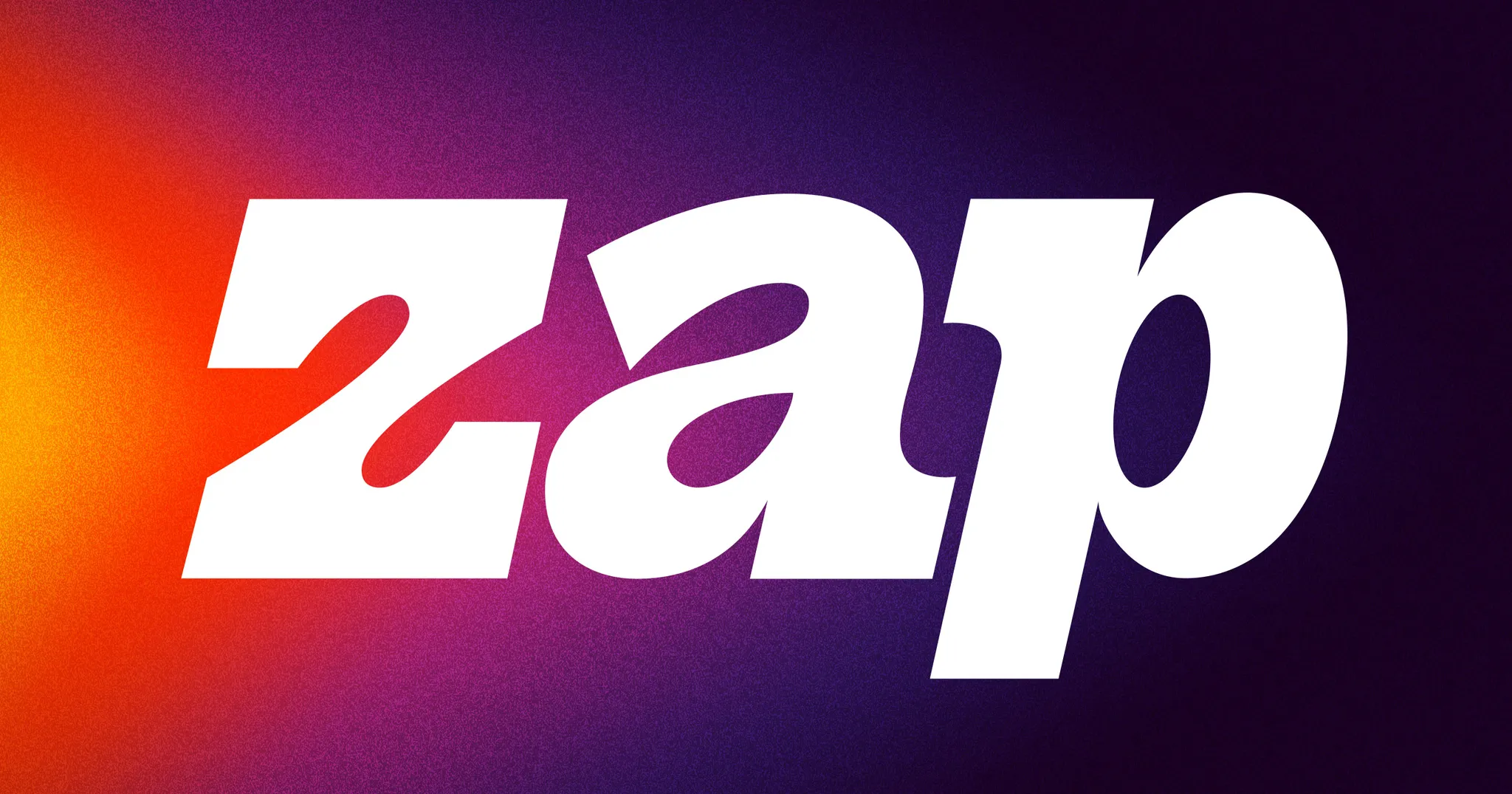
Since Paystack launched its consumer product, Zap, the fintech has been caught in a flurry of trademark disputes over the name.
Shortly after the Apple-style launch event of Zap, Zap Africa, a crypto startup, issued a cease and desist letter demanding that Paystack immediately stop using the name Zap.The letter asked Paystack to withdraw all product and marketing materials related to Zap, destroy any Zap-branded assets, issue a public apology, and cover Zap Africa’s marketing expenses—all within seven days.
Paystack responded to Zap Africa’s letter by issuing a cease and desist notice, giving the fintech a 48-hour ultimatum to immediately provide evidence of its trademark, cease all public communications about Zap Africa, and stop paying third parties to publish content about Paystack.
For one, this could be a landmark case for how Nigeria’s IP laws handle disputes in tech. Both companies filed trademarks in similar classes, and now it’s up to the system to decide what counts as fair use—or if “Zap by Paystack” steps on Zap Africa’s toes.
My colleagues, Muktar and Towobola broke down the implications of this case and all of its legal nuance in this report.
Here’s what happened at Paystack in 2024!

Send, receive, and convert fiat or stablecoins like USD, CAD, USDT, USDC, and more in Nigeria with Juicyway—seamlessly and at great rates! Get free multi-currency accounts, enjoy instant transfers, and trade securely in one app. Join now to get started!
Startups
Twiga Foods acquires three FMCG distributors
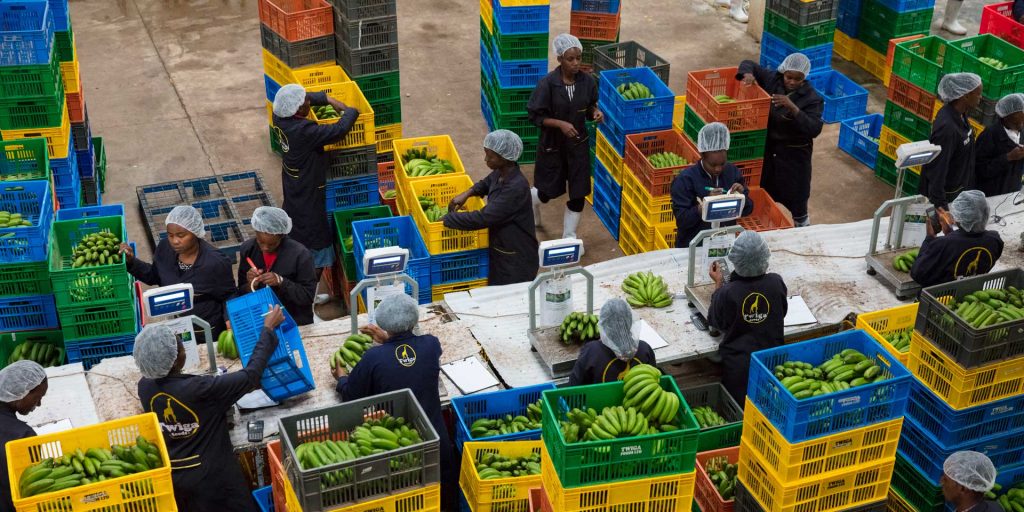
Twiga Foods, a Kenyan digital marketplace that connects fresh food vendors to farmers, snapped up majority stakes in three regional FMCG distributors: Jumra, Sojpar, and Raisons.
The products of these newly acquired businesses—cosmetics, confectionery, household items, and commodities—will expand Twiga’s offerings. Twiga can turbocharge its expansion across the market by plugging its logistics technology into these distributors’ networks.
The new acquisitions turn a new chapter in the struggling company’s journey.
Founder and ex-CEO Peter Njonjo resigned in 2024 after a rough patch of layoffs, late supplier payments, and a lawsuit where a vendor coerced the company to pay a $260,000 Google Cloud bill. New CEO Charles Ballard, a former Jumia Kenya CEO, has, since April 2024, been tasked with getting the company back on track.
This acquisition does set the company in an interesting direction, a soft pivot from the initial vision of modernizing Africa’s food supply chain from farm to table. But these new pieces still leave the startup in the middle of fixing the retail chain which remains fragmented.
Get notified when the Moonshot Deal Book goes live
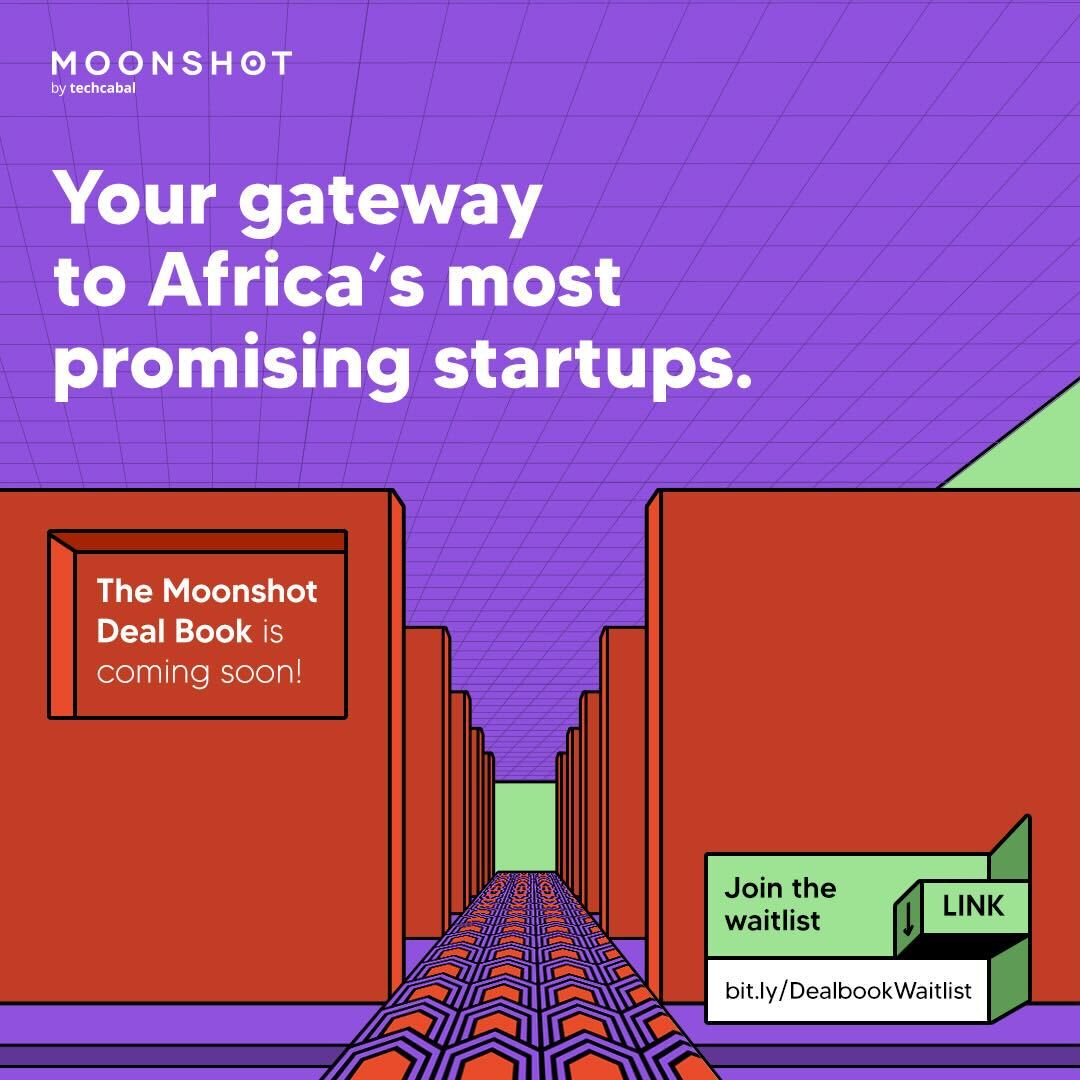
The Moonshot Book Dealbook is lauching very soon. Packed with a handpicked selection of the most promising startups, this exclusive resource is designed to connect top investors with high-potential opportunities. If you’re interested in being among the first to access the TC Dealbook, sign up on our waitlist today!
CRYPTO TRACKER
The World Wide Web3
Source:

Coin Name | Current Value | Day | Month |
|---|---|---|---|
| $87,308.84 | 2.53% | 1.34% | |
| $1,639.92 | 1.30% | - 19.71% | |
| $2.11 | - 0.09% | -14.67% | |
| $139.69 | - 0.90% | 9.03% |
* Data as of 05.45 AM WAT, April 21, 2025.
Opportunities
- Lagos Innovates (LSETF) is offering workspace vouchers to startups in Lagos to ease rising operational costs. Startups can access subsidised co-working spaces with reliable internet, power, and a supportive entrepreneurial community. The program is open to Lagos-based startups looking to reduce overheads and focus on growth. Apply now.
- Village Capital is offering early-stage startups in Africa the chance to join its Greentech Africa 2025 accelerator. The programme supports climate tech ventures building solutions in energy access, sustainable agriculture, circular economy, and related sectors. Selected startups will receive mentorship, investor connections, and capacity-building support. The programme is open to founders based in Africa with market-validated solutions tackling climate challenges. Apply here.
- AfricArena is inviting founders, investors, and ecosystem builders to its high-energy Lagos Summit on April 30, 2025. Themed around fintech, mobility, and logistics, the summit will feature pitch sessions, networking, and curated discussions with top VCs and startups from across the continent. If you're looking to connect with Africa’s leading tech stakeholders and explore investment and growth opportunities, this is one event you shouldn’t miss. Register here.
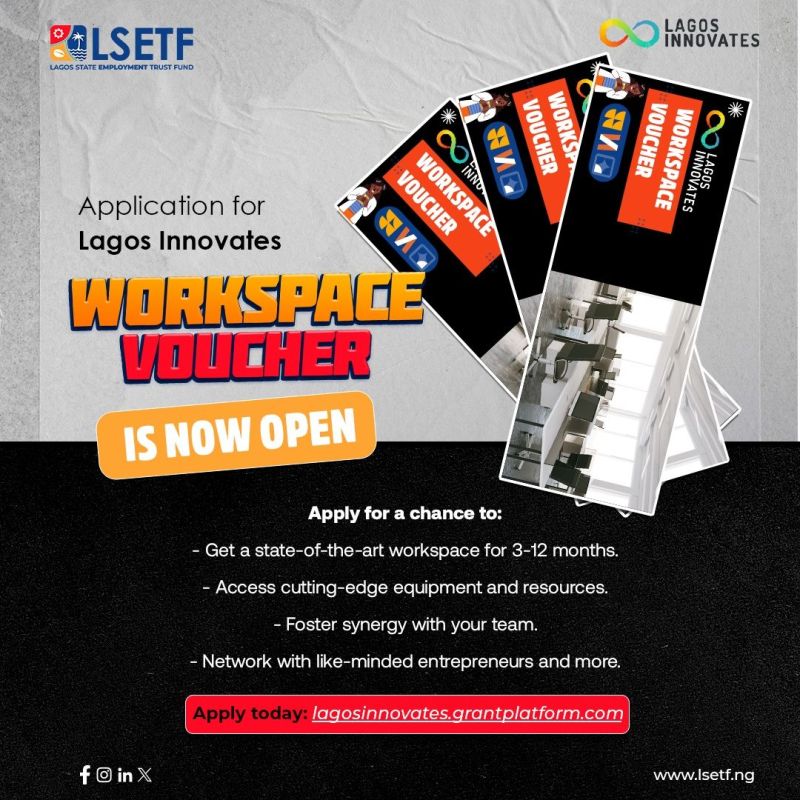

Written by: Faith Omoniyi and Ngozi Chukwu
Edited by: Fu'ad Lawal
Want more of TechCabal?
Sign up for our insightful newsletters on the business and economy of tech in Africa.
- The Next Wave: futuristic analysis of the business of tech in Africa.
- TC Scoops: breaking news from TechCabal
P:S If you’re often missing TC Daily in your inbox, check your Promotions folder and move any edition of TC Daily from “Promotions” to your “Main” or “Primary” folder and TC Daily will always come to you.

How did you find today's edition of #TCDaily? |


